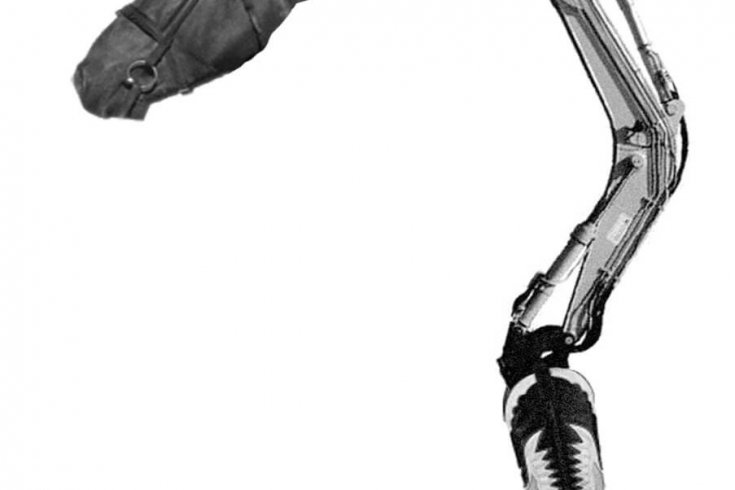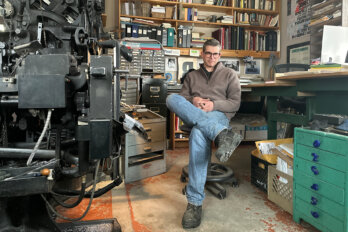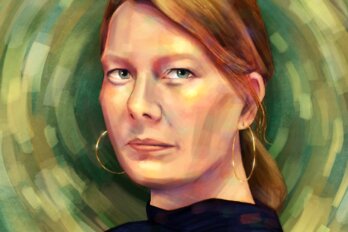by Rivka Galchen
HarperCollins (2008), 243 pp.
“Mysteries that can’t be solved should be passed over in silence.” So says Dr. Leo Liebenstein, the unstable psychiatrist narrator of Atmospheric Disturbances, a first novel by Toronto-born MD Rivka Galchen. Besides being a bastardization of Wittgenstein, this aphorism could be taken as a note to the self: the narrator should consider his own advice.
The mystery at hand is the disappearance of Rema, Dr. Liebenstein’s wife, and the identical “simulacrum” that appears in her place. It quickly becomes clear, however, that no body snatching has actually occurred, that Leo is experiencing delusions, and that the conundrum is “all in his head.” Nevertheless, we are swept along for the mind trip, exposed to a series of meditations regarding parallel worlds, undercover agents, and possibly deceased meteorologists with the ability to control the weather from the other side. The lucid reader, caught within this limited perspective, may become frustrated. It is like viewing the action through the wrong pair of glasses, having to continually squint to correct for the distortion.
Happy surprise, then, that Galchen manages not only suspense here, but intellectual engagement as well. The book asks the big questions about the nature of the self — Does such a thing exist? Is it socially constructed or biologically determined? How are we to understand our own experiences of selfhood? — and does so with subtlety and intrigue. The inclusion of several photographs of the meteorologist Tzvi Gal-Chen further disturbs the notion of fixed identity, in a manner reminiscent of W. G. Sebald. Galchen’s voice is unique, though, and refreshingly so. She has an excellent sense of pacing, and her dialogue is sharp and funny. Most notably, Atmospheric Disturbances is heartbreaking. Through the good doctor’s own eyes, we see the despair of his wife, Rema, and share her grief and hopelessness at being unable to intervene effectively in his illness. She follows Leo all the way to Patagonia on his quest to “get her back.” The perspective offered here, up close and intimate, raises the question, what would you do in her place?





